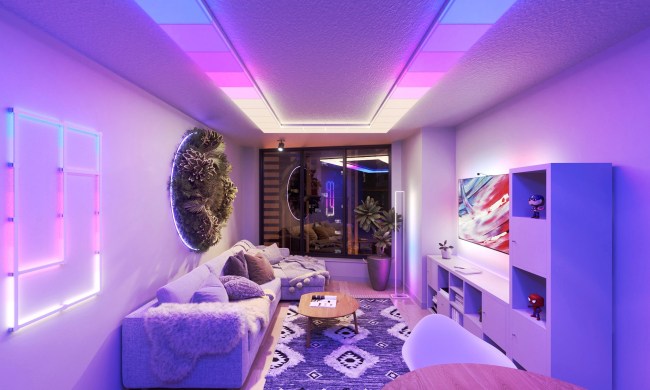Strips by Sensative sounds like a tooth whitener, but this svelte, 3-mm thin sensor hides in the frame of a window or door and communicates with your smartphone or smart home system when you leave a window or door open. It replaces or can be used in lieu of bulky, hulky box-like magnetic sensors that sit on your windowsills like a tumor (and which we once thought were nearly invisible).
Strips comes in two pieces; a tiny magnet that goes on the side of a window or door and a longer sensor that contains a PCB board and a LiMnO2 (Lithium Manganese Dioxide) battery that the company says is good for 10 years.
Related: Huawei Honor 7 could arrive on June 30, and feature a fingerprint sensor

The company says it is preparing Strips for Z-wave-plus certification to ensure compliance, and is stepping up efforts to verify compliance with common Z-Wave-gateways on the market. So far it has verified Strips’ compliance with the units below:
- WeBeHome Gateway
- Fibaro Home Center 2
- Zipato Zipabox
- Vera (Vera 3; Vera Edge)
A future goal is to add a temperature sensor, meaning Strips could communicate with a Z-Wave-enabled thermostat or even motorized shades. The company also plans to develop a vibration sensor to detect break-ins.
Pre-orders are available through an Indiegogo campaign, starting at about $53 US for the sensors, with delivery. The company plans to ship products in November.


